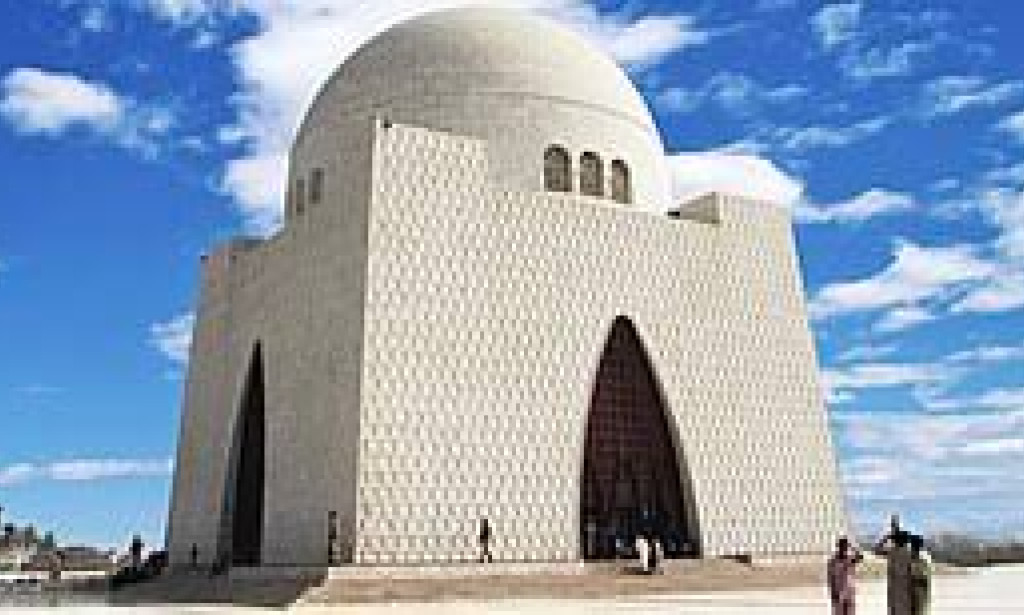The Role of Karachi in Pakistan’s Economic Growth
Karachi, the largest city in Pakistan and its economic hub, plays a crucial role in the country's financial stability and development. Known as the "City of Lights," Karachi is the backbone of Pakistan's economy due to its bustling industrial sector, thriving ports, and diverse workforce. With a population of over 20 million, it is the most populous city in the country, serving as a melting pot of cultures, languages, and business activities.

Industrial and Financial Hub
Karachi houses Pakistan's largest industrial zones, including SITE (Sindh Industrial and Trading Estate), Korangi Industrial Area, and Landhi Industrial Zone. These areas are home to textile mills, pharmaceutical companies, steel manufacturing units, and other major industries. The city's contribution to the national GDP is significant, with estimates suggesting that it generates over 60% of Pakistan’s total revenue. Major banks, multinational corporations, and the Karachi Stock Exchange (now part of the Pakistan Stock Exchange) are also headquartered here, making it the financial nerve center of the country.

Port City and Trade Gateway
One of Karachi’s most critical economic contributions comes from its ports—Port Qasim and the Karachi Port. These ports handle the majority of Pakistan’s imports and exports, making Karachi an essential trade gateway. Pakistan’s reliance on exports such as textiles, rice, and sports goods is heavily dependent on Karachi’s port operations. Additionally, the Gwadar Port, part of the China-Pakistan Economic Corridor (CPEC), has increased Karachi’s importance in global trade.

Employment and Business Opportunities
Karachi offers employment opportunities for people from all over the country. Millions migrate to the city in search of jobs in industries, services, and entrepreneurship. From large corporations to small vendors, the city’s business ecosystem provides financial stability to countless families. The presence of industrial areas, commercial markets, and financial institutions ensures job creation and economic activity, making Karachi the "Land of Opportunities" for many Pakistanis.

Challenges Facing Karachi
Despite its economic significance, Karachi faces several challenges, including inadequate infrastructure, traffic congestion, water shortages, and poor waste management. The city also suffers from political instability and security concerns, which have historically affected its business environment. Load shedding and energy crises further hinder industrial growth. However, recent infrastructure projects, such as the Green Line Bus Rapid Transit (BRT) system and Karachi Circular Railway (KCR) revival plans, aim to improve urban mobility and connectivity.
Karachi remains Pakistan’s economic powerhouse, contributing immensely to trade, industry, and financial services. While the city has its share of problems, its resilience and potential for growth make it a vital asset for the country. If managed efficiently with proper urban planning and infrastructure development, Karachi can continue to drive Pakistan’s economy forward, ensuring prosperity for future generations.

Karachi, the largest city in Pakistan and its economic hub, plays a crucial role in the country's financial stability and development. Known as the "City of Lights," Karachi is the backbone of Pakistan's economy due to its bustling industrial sector, thriving ports, and diverse workforce. With a population of over 20 million, it is the most populous city in the country, serving as a melting pot of cultures, languages, and business activities



You must be logged in to post a comment.